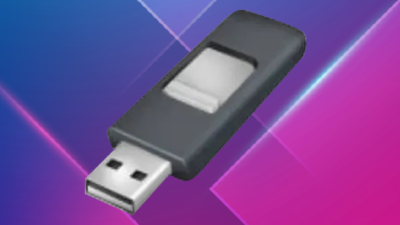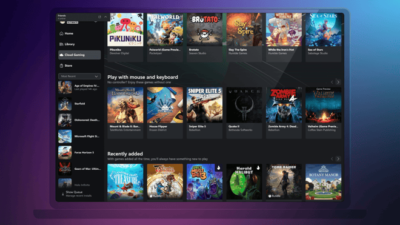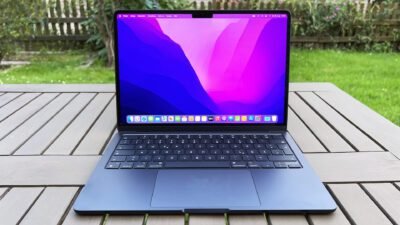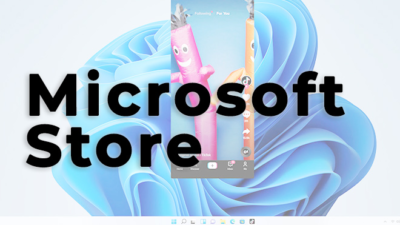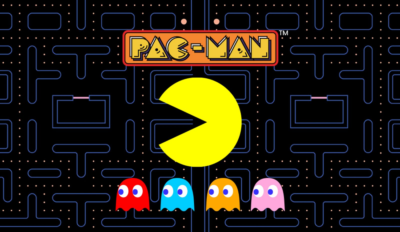SmartThings: Samsung tests Matter with selected Partners

[ad_1]
Samsung has announced an Early Access program with exclusive partners to test and verify the upcoming Smart Home standard Matter with the first Matter-compatible products from manufacturers in combination with Samsung SmartThings.
Given Matter’s expectations, Samsung has accelerated development and plans to continue investing heavily in the standard, which Samsung says will become the de facto standard for smart homes around the world. Partners testing Matter’s integration with the SmartThings platforms include Aeotec, Aqara, Eve Systems, Leedarson, Nanoleaf, Netatmo, Sengled, Wemo, WiZ, and Yale.
Samsung is one of the founding members of the Connectivity Standard Alliance, an association of numerous manufacturers for the development of the manufacturer-independent and cross-manufacturer smart home standard, which aims to simplify the use of various smart home devices by providing all Matter-compatible devices are interoperable and can be used with any software. However, the standard has now had to be postponed several times and a start is currently planned for the end of 2022.
Rapid mass adoption through early testing
In Samsung’s early access program, manufacturers can test, set up, and connect their devices and their interaction using the SmartThings app. In this way, Samsung wants to ensure that the standard can spread quickly when Matter is launched and can be used via SmartThings without any problems. This is also one of the reasons Matter was last postponed. In addition to the number of supported devices that will then be available, stability and code quality must initially be further increased.
Fridge becomes SmartThings hub
Samsung announced at the annual Samsung Developer Conference that Samsung Galaxy devices, TVs, and family hub devices such as refrigerators can also act as SmartThings hubs, eliminating the need for a separate smart home hub for setup and connection required for Matter-compatible devices.
Research Snipers is currently covering all technology news including Google, Apple, Android, Xiaomi, Huawei, Samsung News, and More. Research Snipers has decade of experience in breaking technology news, covering latest trends in tech news, and recent developments.


